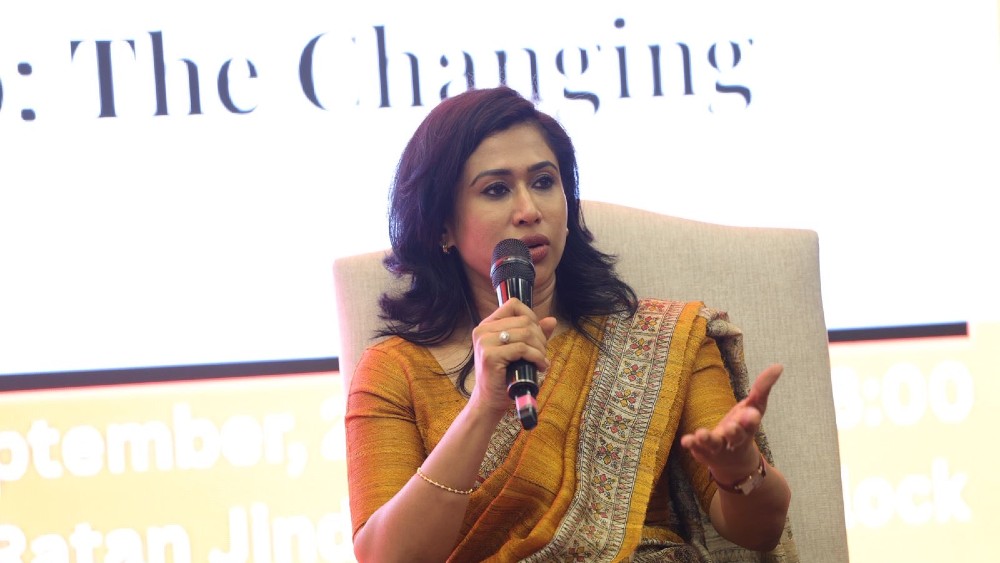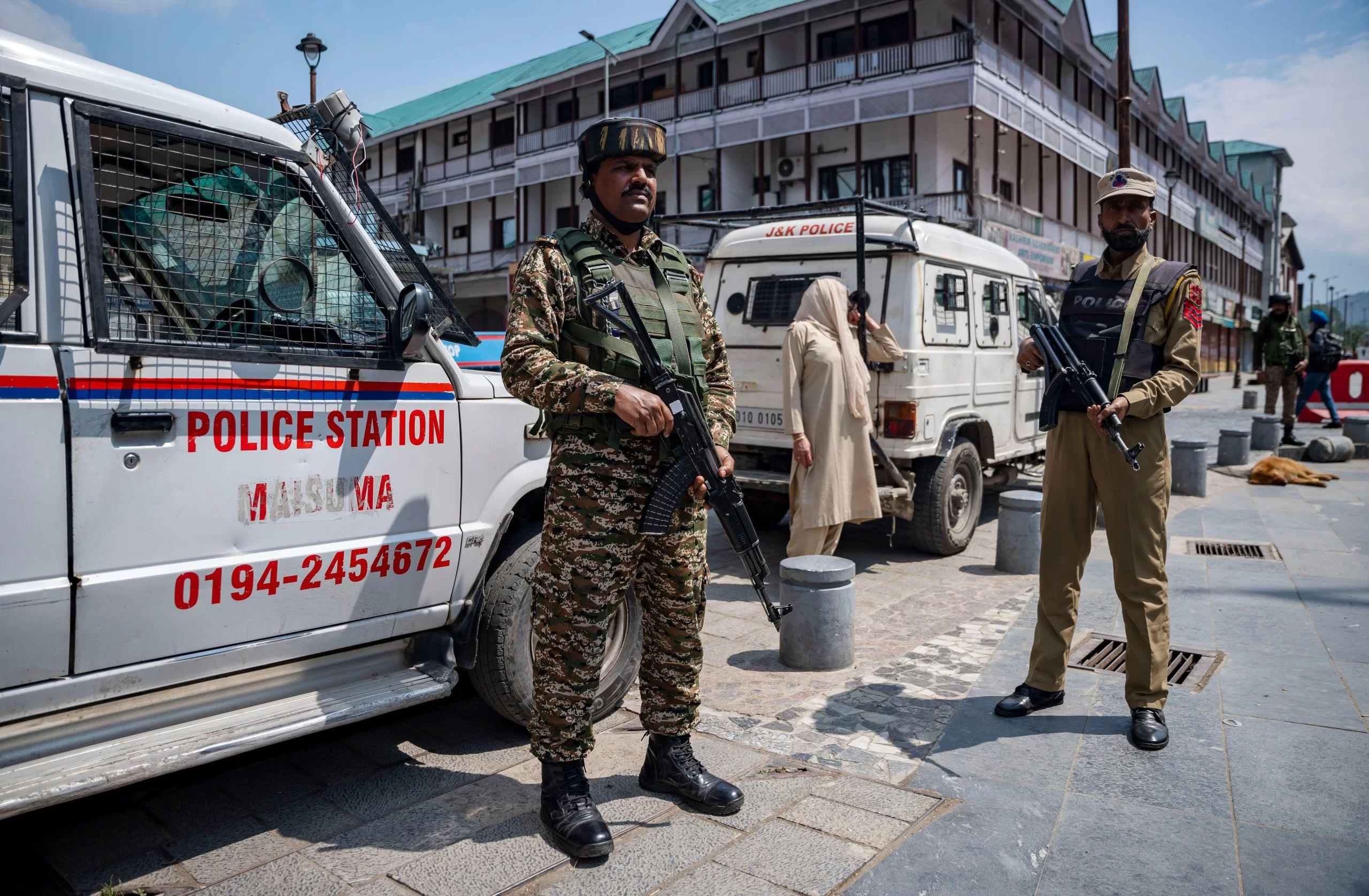ISLAMABAD: United Nations experts on Monday slammed New Delhi for sweeping counter-terrorism operations in Indian-occupied Kashmir, saying that measures taken after the April 22 Pahalgam attack have led to mass detentions, abuses, and unconstitutional punitive actions.
According to a statement issued by the UN Human Rights Office, Indian authorities launched “sweeping operations across the occupied territory” after the Pahalgam attack, in which 26 people were killed.
The response resulted in “the arrest and detention of around 2,800 individuals, including journalists and human rights defenders.”
The UN said many detainees were “detained and charged under the Public Safety Act or the Unlawful Activities (Prevention) Act, which permit prolonged detention without charge or trial and contain vague and overbroad definitions of terrorism.”
“Some detainees were allegedly tortured, held incommunicado, and denied access to lawyers and family members,” the statement added.
Eight UN experts, Ben Saul, Morris Tidball-Binz, Nazila Ghanea, Balakrishnan Rajagopal, Nicolas Levrat, Paula Gaviria, Irene Khan, and Mary Lawlor, condemned the Pahalgam attack but stressed that counter-terror actions must remain lawful.
“We unequivocally condemn the brutal terrorist attack on a tourist area … However, all governments must respect international human rights law while combating terrorism,” they said.
The experts flagged “reports of punitive house demolitions and forced evictions and arbitrary displacement,” saying families of individuals perceived as militant supporters were targeted “without court orders or due process.”
They called the measures “collective punishment,” which defied a 2024 Indian Supreme Court ruling declaring such demolitions unconstitutional.
They further expressed concern over “communication blackouts and restrictions on press freedom,” noting that authorities suspended mobile internet services and “blocked around 8,000 social media accounts, including those of journalists and independent media outlets.”
These actions were described as “disproportionate restrictions on freedoms of expression, association, and peaceful assembly.”
The UN’s warning comes months after India and Pakistan fought a four-day war in May, triggered by the Pahalgam attack on civilians in the highly-guarded occupied valley, an incident New Delhi blamed on Islamabad and Pakistan firmly rejected. The fighting quickly escalated into the deadliest cross-border clashes since 2019, involving missile, drone, and artillery strikes before both sides accepted a US-brokered ceasefire.
Targeting Kashmiris beyond the region
According to the statement, experts also found that “Kashmiri students were subject to surveillance and harassment, following government directives requiring universities to collect their personal data.”
They reported heightened “hate speech and incitement to violence against Muslims, inflamed by political figures in the ruling party,” as well as demolitions in Gujarat and Assam “where thousands of Muslim homes, mosques, and businesses were destroyed.”
The experts said nearly “1,900 Muslims and Rohingya refugees were also expelled to Bangladesh and Myanmar, often without due process,” calling the expulsions a breach of the international obligation of non-refoulement.
They also highlighted ongoing abuses in the occupied territory, pointing to human rights defenders including Irfan Mehraj and Khurram Parvez, who remain detained “under draconian security laws.”
Calling for the “immediate unconditional release of all individuals arbitrarily detained,” the experts urged India to overhaul its counter-terrorism laws.
“Excessive counter-terrorism measures not only violate human dignity, the Indian Constitution and international law, but counter-productively fuel social division and grievances that can spiral into further violence,” they warned.
The UN body also called on India and Pakistan to “peacefully resolve the long-running conflict” over Kashmir to end what it described as a “destructive cycle of cross-border violence.”


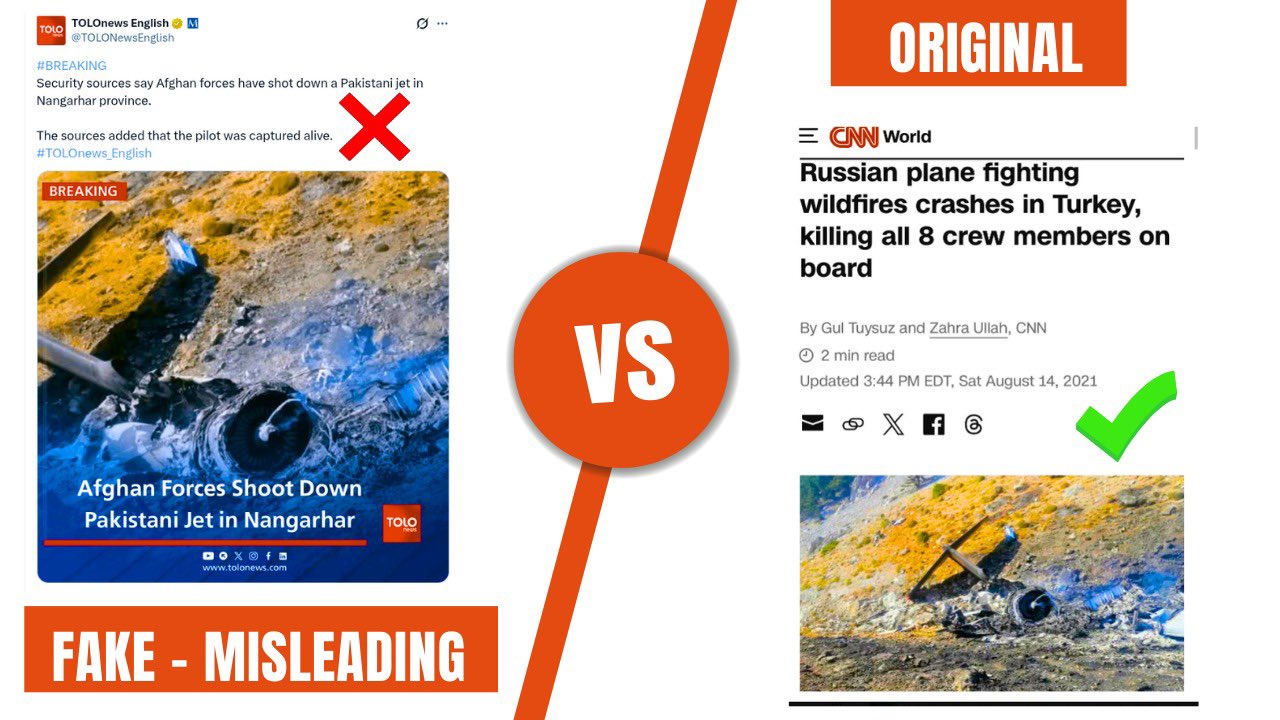
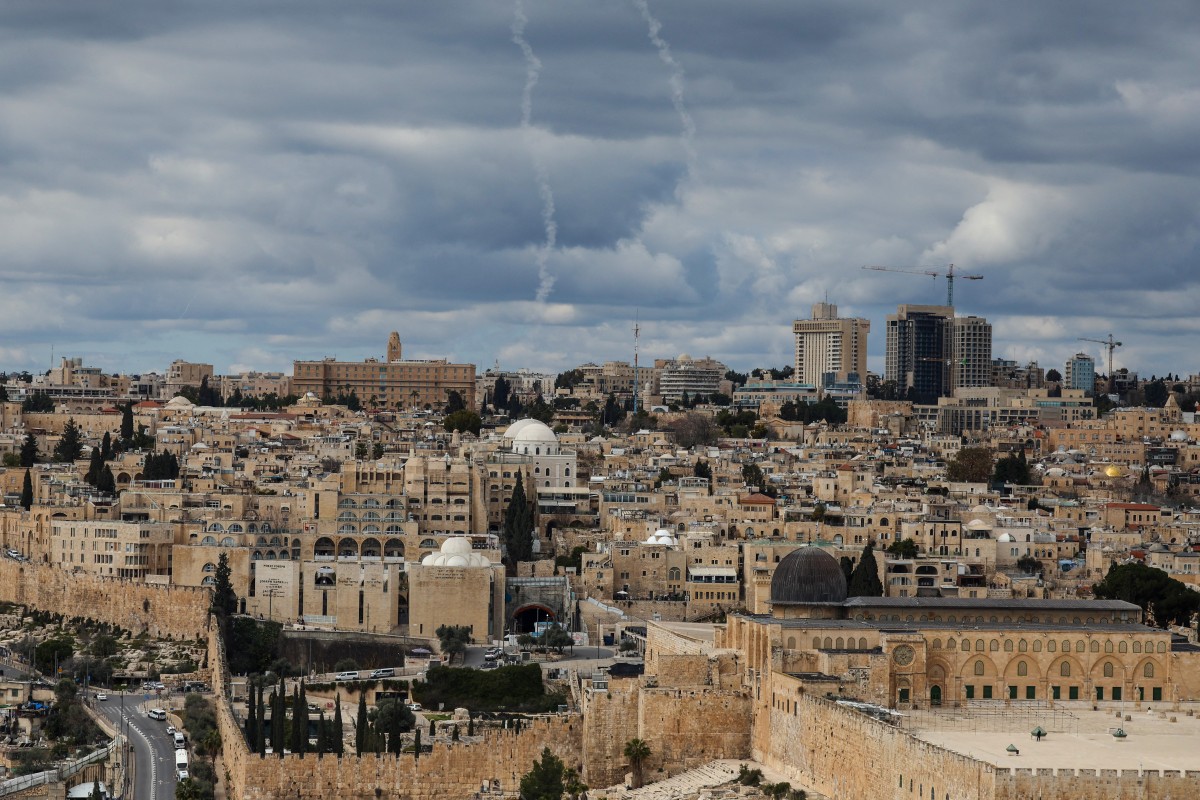
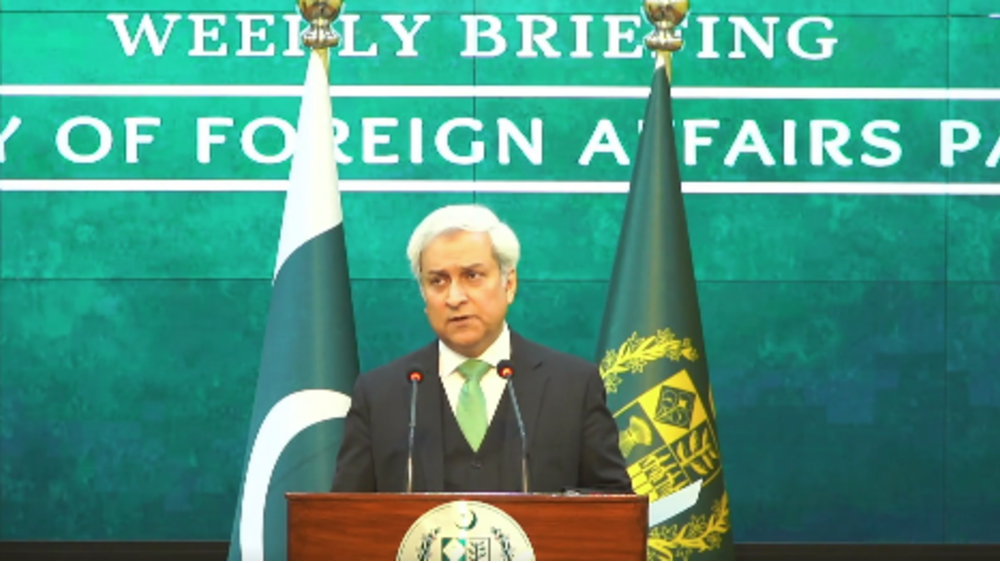
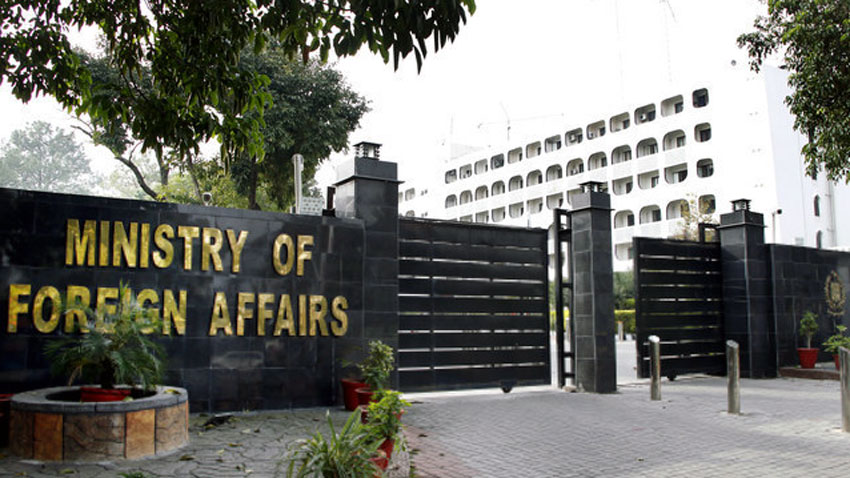
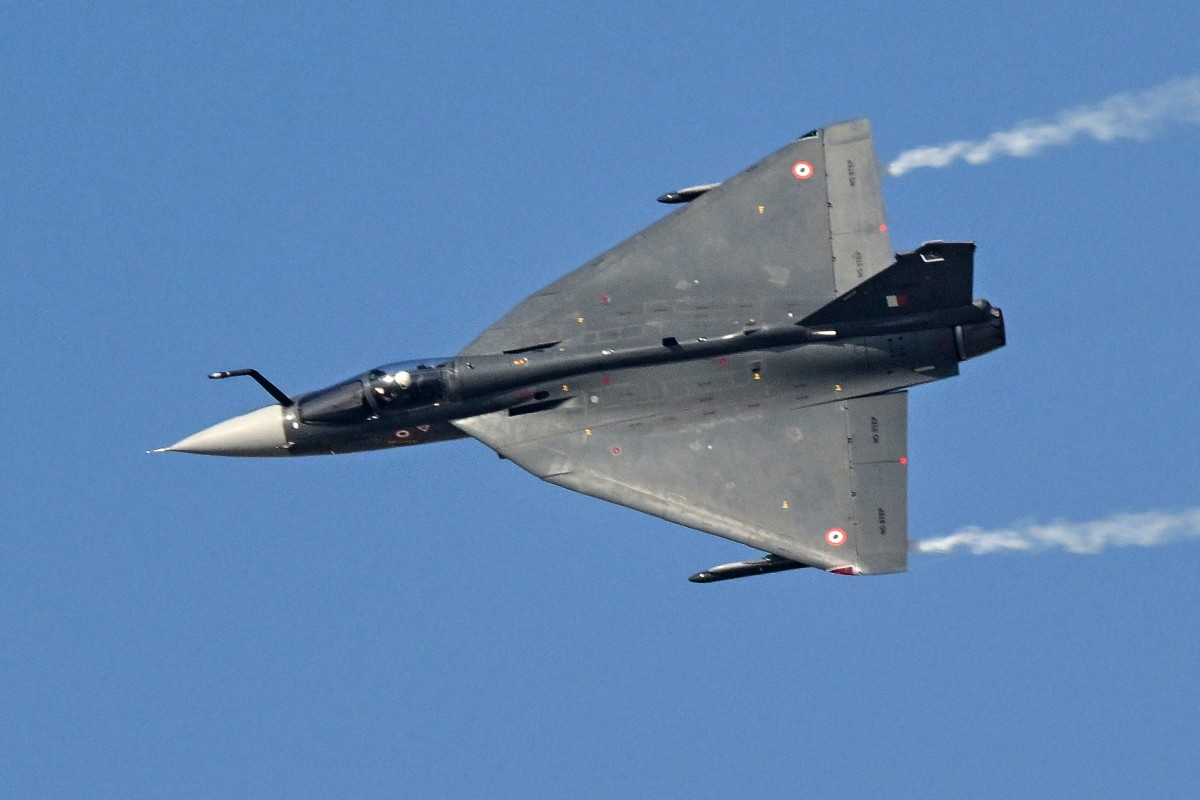
.jpg)
